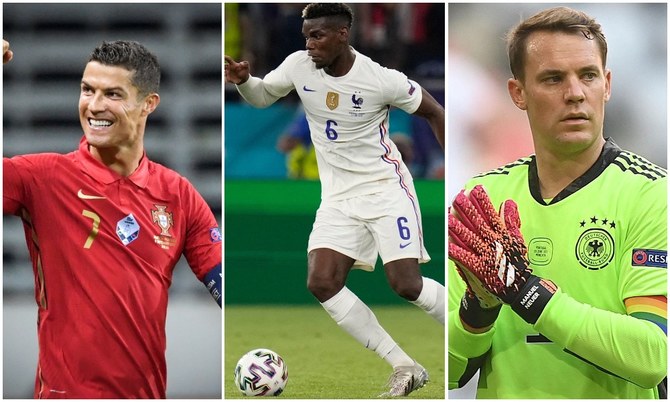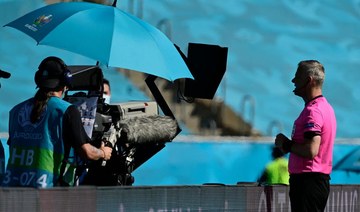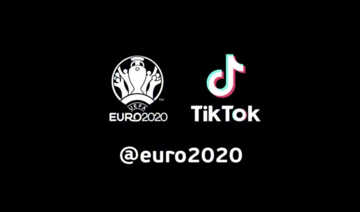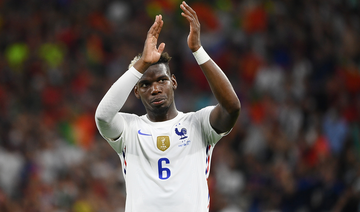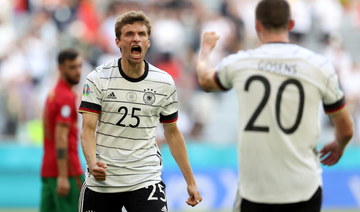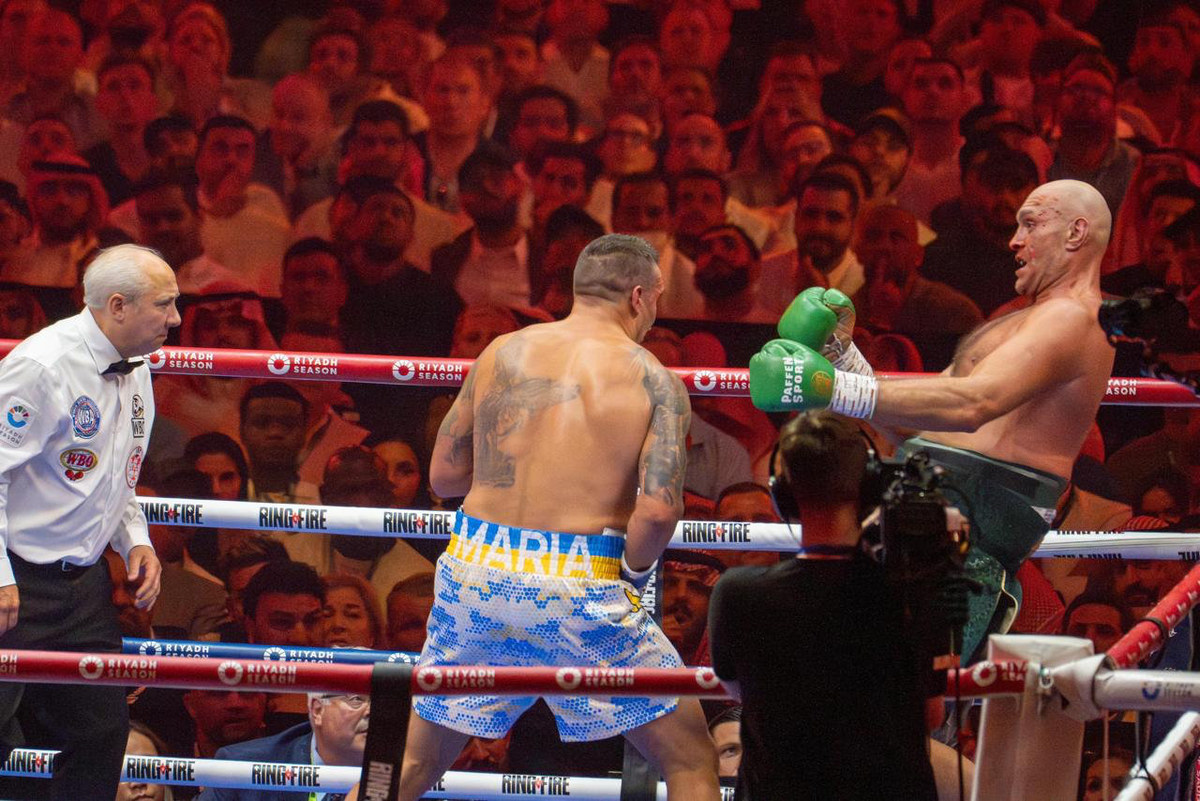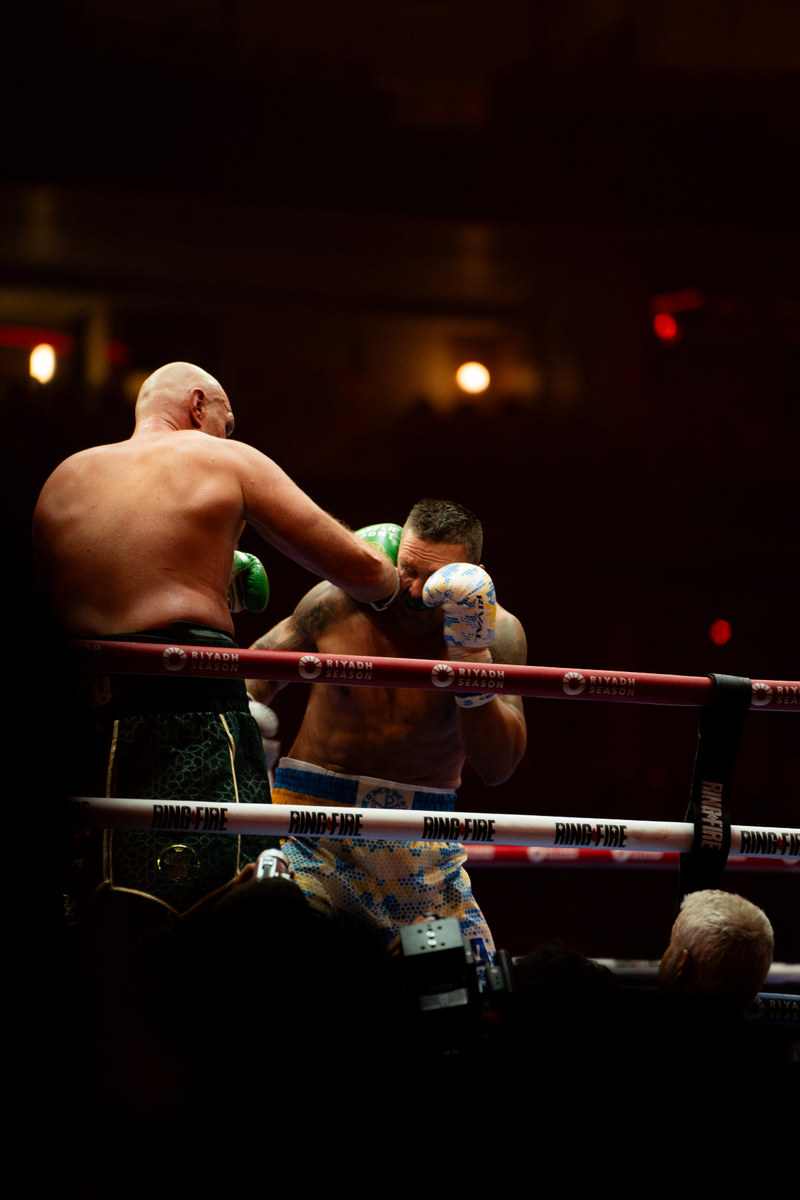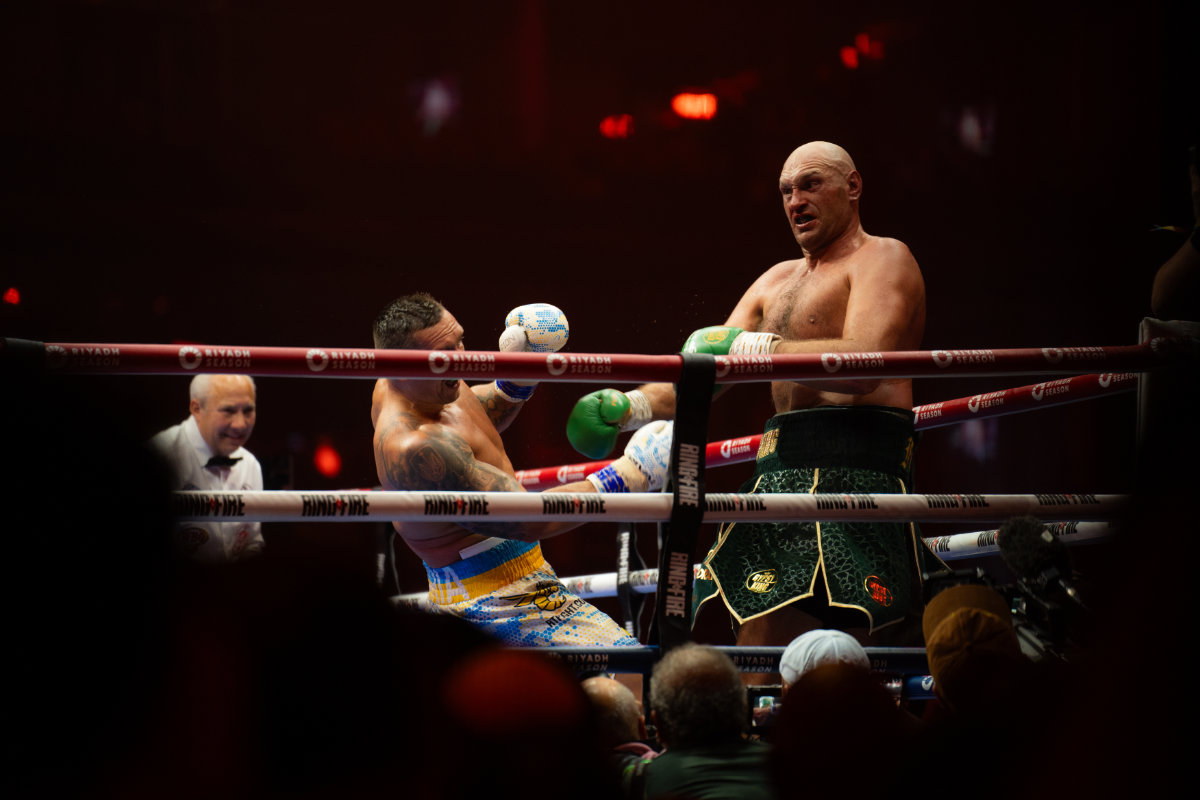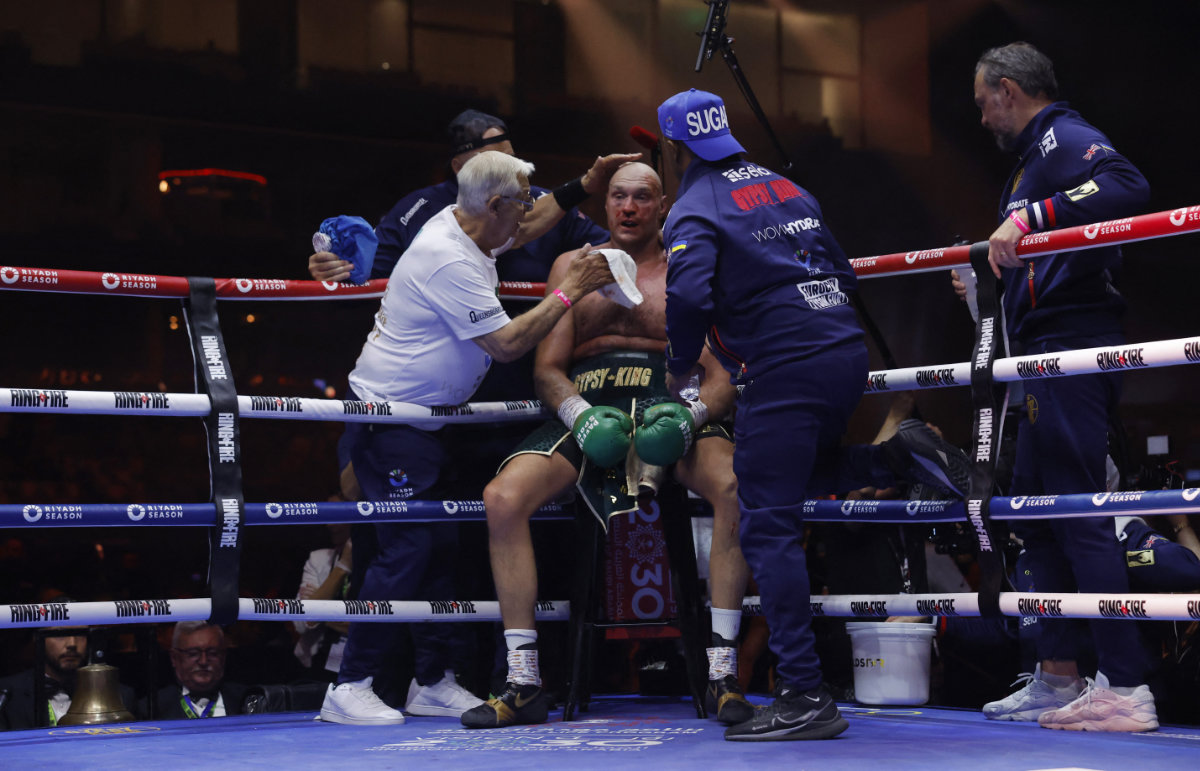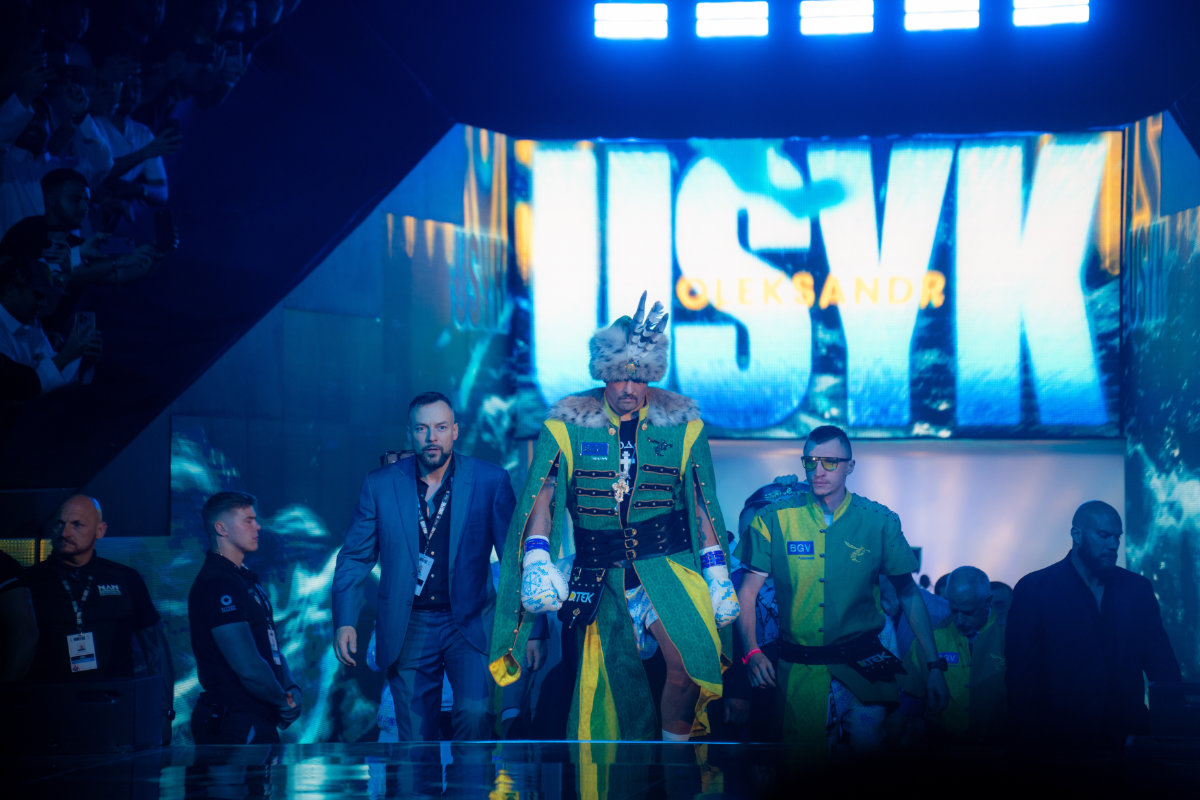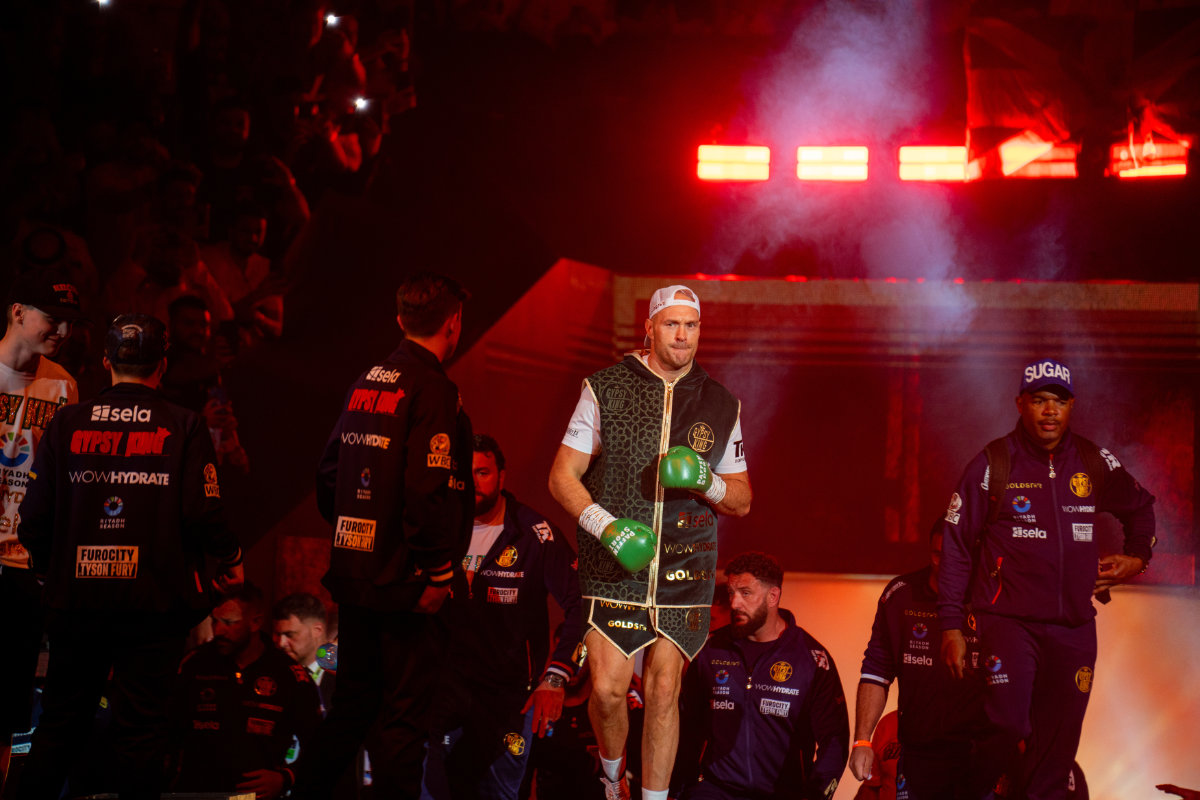DUBAI: Got your breath back yet? That was fun.
For excitement, for sheer breathless drama, the last two matches of the final day of Euro 2020 group stages will be hard to beat.
Germany 2-2 Hungary. Portugal 2-2 France.
Group F ended up being many things. The coming together of the reigning World champions and European champions, and the team that any World and European champions traditionally worry about. It delivered the most exciting matches, with the most goals (20). It had penalties and own goals. It had Cristiano Ronaldo, the competition’s top scorer so far, equalling the world record for international goals in men’s football.
And almost a giant-killing act for the ages.
You could make case for it being the greatest group in the history of the Euros, and even international football. But one thing it most certainly wasn’t, is the “Group of Death.”
And for that you can blame flawed tournament format that rewards four of six teams that finish third in their groups.
No self-respecting Group of Death should see three top nations qualify to the knockout stages.
A Group of Death should have a sense of jeopardy, a guarantee that one so-called “big” team will be heading home.
And so we had a tournament in which any team can ensure progress with a win and a draw, and even three points were enough for Ukraine. A tournament where 36 matches are played to eliminate eight teams only.
Perhaps Groups of Death, especially at tournaments that reward third-place finishes, are increasingly a thing of past.
But what if the European Championships is expanded to 32 teams like the World Cup, meaning only the top two from each group can qualify I hear you ask. And you would not have been paying attention.
In a 32-team competition, the top teams are naturally kept apart in a way that would make a repeat of Group F almost impossible. Keep the big boys separated until the knock-out stages; that’s just the way UEFA wants it, whether in international or club competitions.
The history of international tournaments has many an example of supposed Groups of Death that turned out to be anything but, and others that unexpectedly ended up being so. And none had third-place chancers.
At the 1982 World Cup in Spain, Algeria pulled off one off the greatest shocks of all time by beating West Germany 2-1, and having lost to Poland, beat Chile in the last group match. These days that would get you six points and easy progress to the next round. But not in the days of two points for a win. Guess who was the only team in the tournament to get knocked out with four points from two wins?
Even then it needed an infamous collusion between Austria and West Germany to confirm Algeria’s demise. Now that was a Group of (premeditated) Death.
In 1990, the UAE found itself at the center of a cosmic footballing joke when, in its first and only World Cup appearance to date, it landed in the appropriately named Group D with eventual champions West Germany, and absurdly talented Yugoslavia and Colombia teams. Not surprisingly, all three matches ended in defeat.
At least it should have been the Group of Death for one of the other nations, but all three qualified, Colombia’s three points (still two points for a win) ensuring they were one of the four best third-placed teams. Judge’s call? Not a Group of Death, after all.
Italia '90 would, by default, end up having a Group of Death (by boredom). Every match in Group F ended in a 0-0 or 1-1 draw bar England’s 1-0 over Egypt, but even then second and third place Ireland and Holland, who could only separated by the drawing of lots, progressed in what was a staggeringly dull group.
The poor technical quality of football at the 1990 World Cup is accepted as the reason why FIFA decided to introduce the back pass rule. You can thank Group F for not having to endure endless passes between defenders and keepers for the last three decades.
At least with the smaller Euros, with no third place qualifiers until 2016, the elimination of strong teams was always more likely.
The 1980 European Championship in Italy may have been unspeakably bad, with a good dose of hooliganism thrown in for good measure, but no doubt the format was brutal. Two groups of four and the group winners advancing straight to the final. Why anyone thought no semi-finals was a good idea remains a mystery. In any case, West Germany proved they are the masters of any format by beating Belgium 2-1 in the final.
Euro '88 in West Germany could legitimately claim to have a Group of Death, which included the Soviet Union, Holland, Ireland and England. After beating a poor England team and drawing with the Soviet Union, Ireland came within eight minutes of knocking Holland out (there would have been no Marco van Basten volley) but Wim Kieft’s late goal meant a third place finish and elimination.
Heartbreaking, but that is how a Group of Death works.
At the brilliant Euro 2000, England and Germany failed to progress from Group A, giving the impression it must have been some sort of Group of Absolute Murder. However, it was only through their staggering incompetence at the time that they finished third and fourth behind a very good Portugal and merely decent Romania team. Groups of Death are designated on form and not football heritage, and this was not one.
In 2004, Group C proved controversial with Denmark, Sweden and Italy all finishing on five points. With no third place reprieve, there was no progress for Italy, who cried foul when the Scandinavian neighbours played out a convenient 2-2 draw. A Group of Death it may have ended up being, but only in hindsight.
Euro 2016 was the first to have 24 teams, and third place qualifiers, which brought the demise of Groups of Death closer.
The reason we will see less and less of them, if any at all, is because it’s simply bad business for the organizers, whether it’s the World Cup, the Euros or the Champions League.
Two big teams in a group may be mathematically unavoidable, but three is just careless.
Euro 2020’s Group F was a freak, a once in a generation treat to be cherished. But ultimately did not deliver the head of one of the top contenders on plate as we demanded.
And if the World Champions, European Champions and Group of Death masters cannot conjure a grim reaper between them then, quite frankly, what’s the point any more?
Rest in peace, Group of Death.



